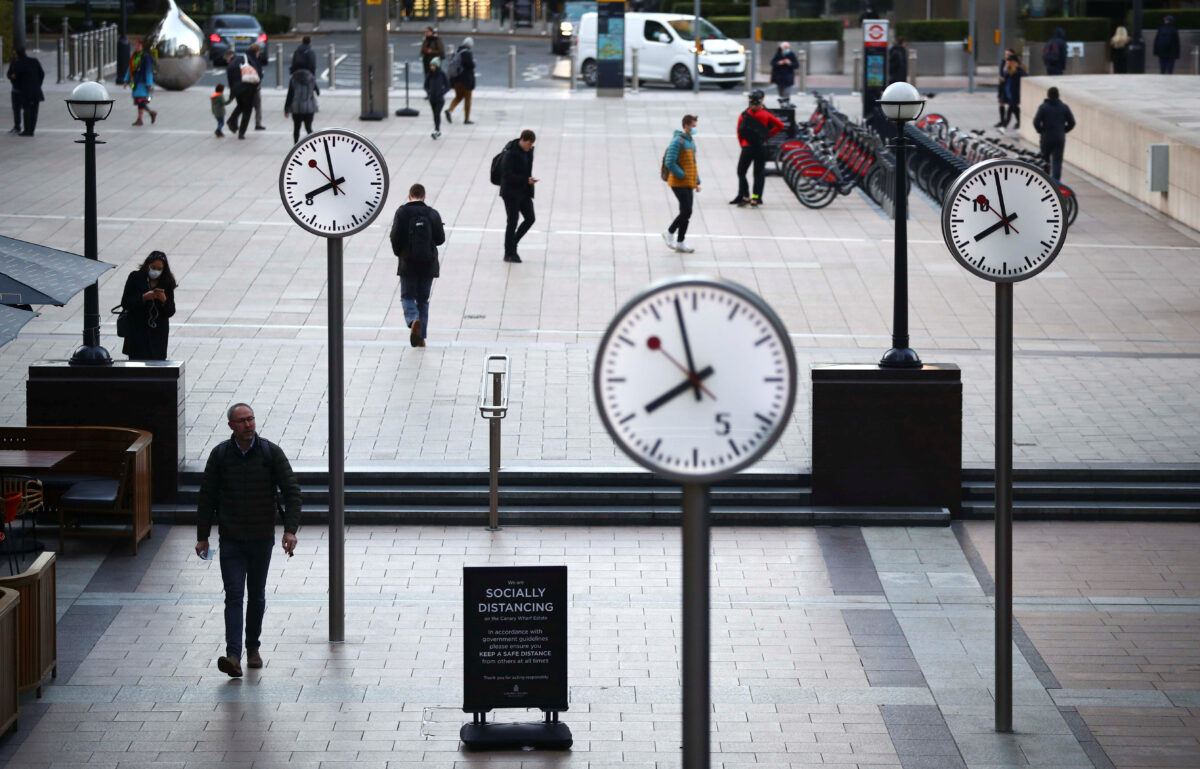The pandemic has increased the skill gap. Many professions are dying, and the skill-set of remote-work place is replacing traditional careers, says McKinsey Consultancy USA report on labor market released Thursday.
The report also highlighted that the post-COVID labor markets have been reshaped. It also says that the work from home is pushing tens of millions of workers in developed economies to seek secure careers.
An analysis by MGI, McKinsey’s economics research arm, concluded that the pandemic’s biggest impacts will be concentrated in four work areas: leisure and travel venues; on-site customer interaction such as in retail and hospitality; computer-based office work; and production and warehousing.
There will be lesser changes in Medical care considering there is little alternative to the high level of proximity they require.
The report further suggested scenarios for more than 100 million workers in the countries covered by the study – Britain, China, France, Germany, India, Japan, Spain, and the United States – might need to switch occupations by 2030, up to 25% more than expected pre-pandemic.
“These workers will face even greater gaps in skill requirements,” it warned, noting that job growth may concentrate more on high-wage jobs as middle- and low-wage jobs decline.
“Workers without a college degree, women, ethnic minorities, and young people may be most affected.”
It added.
Overall, the study found that remote work and virtual meetings are likely to continue – less extensively than at the pandemic’s peak but still with considerable knock-on effects for real estate, business travel, and urban centers.
McKinsey estimated some 20% of business travel may not return after the pandemic as companies and workers acknowledged a lot of earlier travel for face-to-face meetings was superfluous.
“This would have a significant knock-on effect on employment in commercial aerospace and airports, hospitality, and foodservice.”
The report said.










